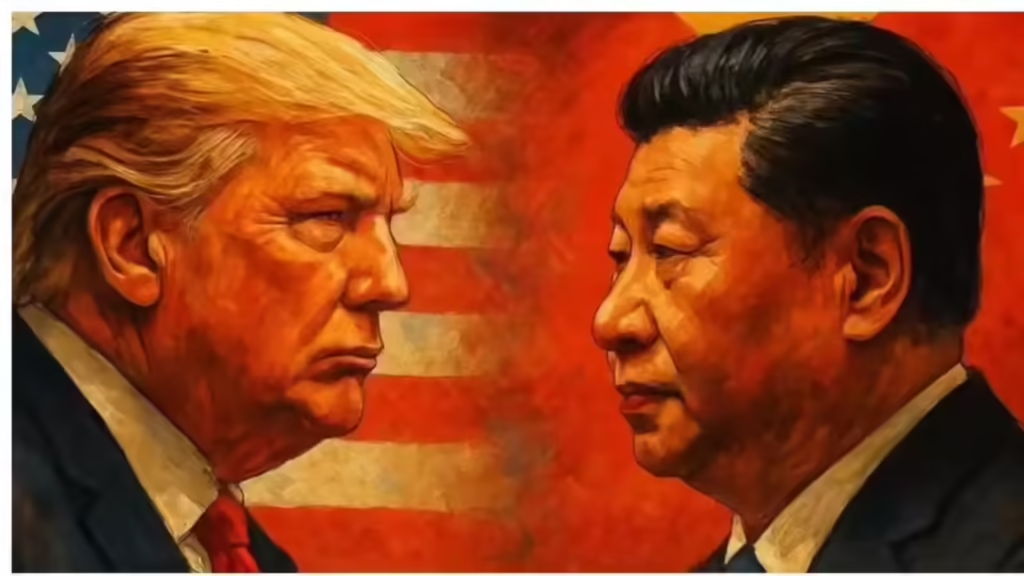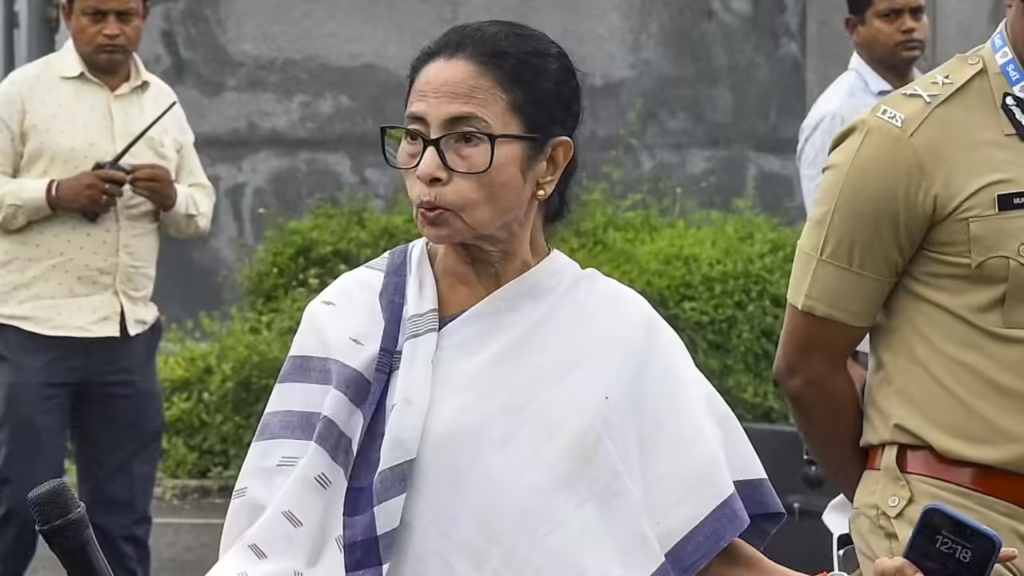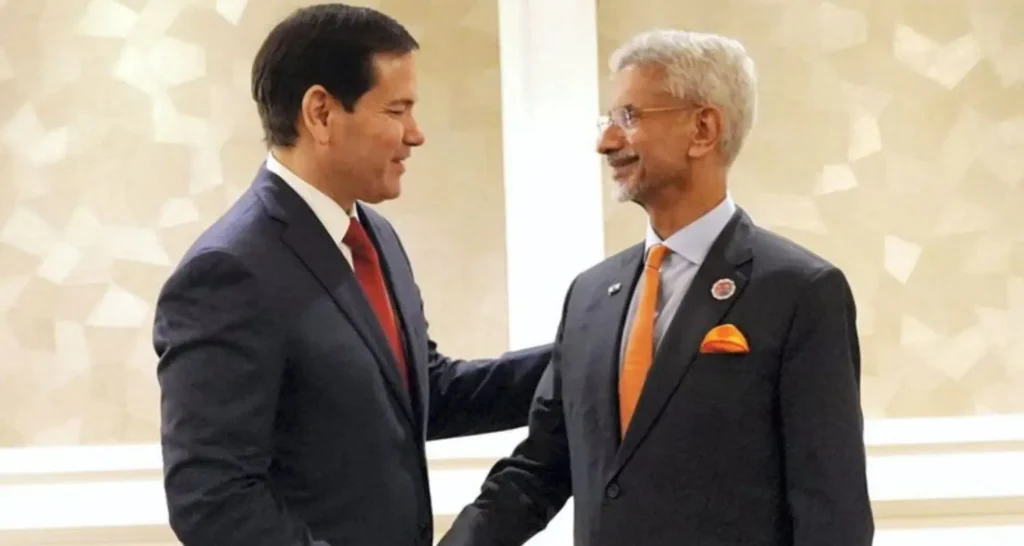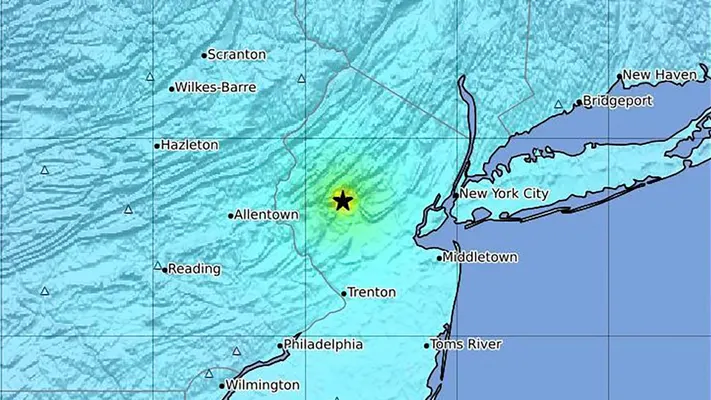Now Reading: Deepening Political Crisis in Pakistan as PTI Marks Two Years of Imran Khan’s Confinement
-
01
Deepening Political Crisis in Pakistan as PTI Marks Two Years of Imran Khan’s Confinement
Deepening Political Crisis in Pakistan as PTI Marks Two Years of Imran Khan’s Confinement
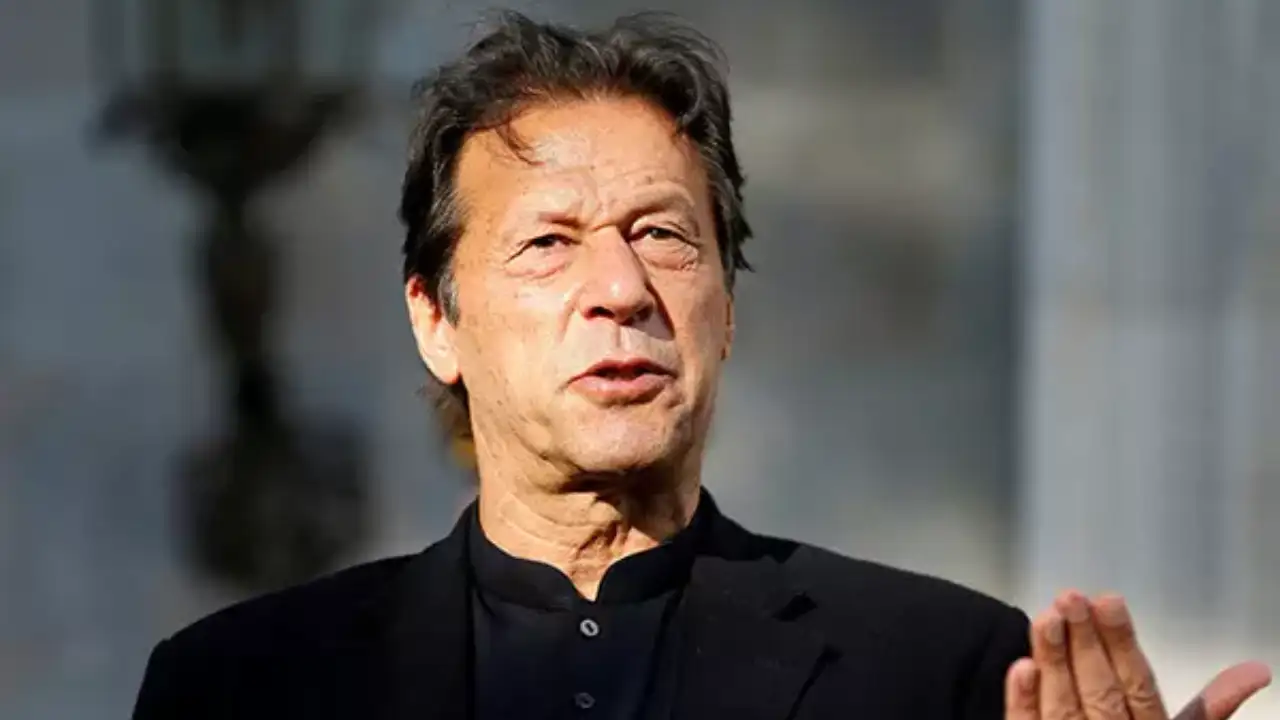
On August 5, Pakistan Tehreek-e-Insaf (PTI) marked the second anniversary of former Prime Minister Imran Khan’s imprisonment with nationwide protests. The demonstrations highlighted a deepening standoff between PTI and the country’s military-influenced government, under Army Chief Asim Munir. As the movement gained momentum, police detained hundreds, further escalating tensions amid a backdrop of mass trials and contested convictions.
Introduction
Two years into former prime minister Imran Khan’s 14-year prison sentence, PTI supporters rallied across major cities to demand his release and call attention to what they describe as politically motivated persecution. The anniversary protests coincided with sweeping arrests, recent mass convictions of party members, and a widening split between civilian leadership and military dominance in Pakistan’s politics.
Nationwide Protests and Crackdown
PTI organized peaceful rallies in cities like Lahore, Karachi, and Peshawar. Thousands participated despite strict bans on gatherings in Islamabad and Rawalpindi. Police detained over 200 activists in Lahore alone, including party parliamentarians and elderly supporters, signaling a government determined to suppress dissent.
PTI’s Allegations of Victimization
Ahead of the protests, PTI released a detailed “white paper” citing systematic harassment: over 200 raids in Lahore, enforced affidavits, relentless FIRs, and misuse of anti-terror laws. The party claims legal cases and jail terms are tools to silence opposition and intimidate followers.
Mass Sentencing Widens Crackdown
Recent rulings by anti-terror courts handed 10-year prison sentences to top PTI leaders including Omar Ayub Khan, Shibli Faraz, and Zartaj Gul. Over 100 party members convicted for their involvement in the May 9, 2023 protests have been disqualified from office, further weakening PTI’s presence in parliament.
Failed Negotiations Deepen Deadlock
Efforts at dialogue between PTI and the ruling coalition collapsed in early 2025. PTI’s demands included judicial inquiries into protest violence and release of political prisoners. Without mutual trust and transparency, negotiations stalled, leading to renewed street mobilisation
Impact on Civil-Military Dynamics
Pakistan’s political landscape has increasingly tilted toward military oversight. With growing public support for the armed forces and diminished civilian opposition, experts warn that democratic checks may be eroding under the weight of authoritarian enablement.
Why Tier-2 Indian Cities Should Take Note
While Pakistan may seem distant, political instability next door carries resonance in India’s smaller cities. Many locals watch its unfolding drama with concern over democratic degeneration and what unchecked state power can mean in fragile polities.
Conclusion
The two-year mark of Imran Khan’s imprisonment has reignited a crisis that straddles legal battles, public dissent, and institutional trust. Facing mass convictions, continued protests, and political paralysis, PTI stands at a crossroads. Pakistan’s future stability hinges on whether dialogue, not repression, defines its next steps.








